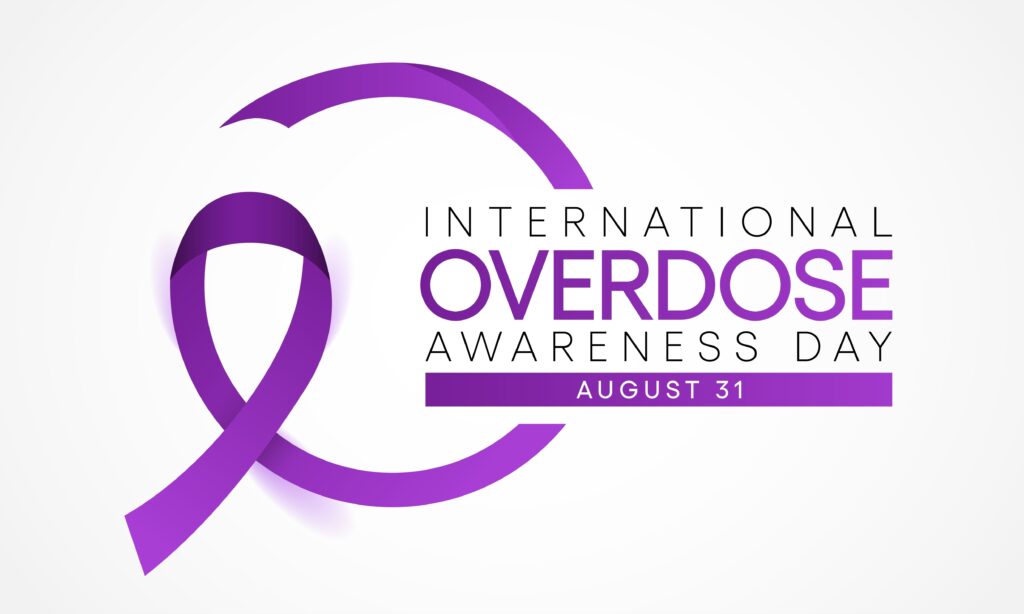 Today we observe International Overdose Awareness Day, which serves as a solemn reminder of the devastating impact of drug overdoses in the lives of our families and communities. At Cumberland Heights, we seek to raise awareness about the prevalence of overdose deaths, honor lives that have been lost due to overdose, and provide information in hopes of saving lives that are currently at risk for overdose.
Today we observe International Overdose Awareness Day, which serves as a solemn reminder of the devastating impact of drug overdoses in the lives of our families and communities. At Cumberland Heights, we seek to raise awareness about the prevalence of overdose deaths, honor lives that have been lost due to overdose, and provide information in hopes of saving lives that are currently at risk for overdose.
We remember those who lost their lives to overdose and mourn with their loved ones. The substance use crisis in America has had a devastating impact on our communities, families, and individuals. It is essential that we equip our communities with the resources and support need to prevent the fatal consequences of substance misuse, and we are committed to provide access to evidence-based prevention, intervention, treatment, and recovery services. By doing this, we can give those affected by addiction the best chance of having a promising future.
Overdose is the leading cause of death in the United States for individuals ages 18-45. In 2021 alone, more than 106,000 individuals died as a result of an overdose, mostly from illicit drugs and prescription opioids. Deaths involving synthetic opioids, such as fentanyl, have continued to rise with 70,601 overdose deaths reported in 2021 alone. These are alarming statistics, and we want to bring awareness to the recovery community in hopes of breaking the stigma of substance use disorders and preserving futures.

Cumberland Heights staff gather to honor and mourn those who have been lost to overdose.
What is an Overdose?
A drug overdose occurs when a person consumes more of a drug than their body can cope with. An overdose is possible with any medication, including those prescribed by a doctor. Not all overdoses are intentional, but many can be fatal. Recognizing the signs of an overdose can be vital in ensuring an overdose doesn’t become fatal.
Symptoms of an Overdose
Unsure what an overdose looks like? Check for these symptoms.
- Small, constricted “pinpoint pupils”
- Falling asleep or losing consciousness
- Slow, weak, or no breathing
- Choking or gurgling sounds
- Limp body
- Cold or clammy skins
- Discolored skin (especially in the lips and nails
Keep in mind, it may be hard to tell whether a person is experiencing an overdose. If you aren’t sure, treat it like an overdose – you could save a life.
What to Do When an Overdose Occurs
If you think someone you know may have overdosed, we recommend follow the below procedures. If you suspect an overdose, these steps may save a life.
- Call 911 immediately.
- Administer naloxone, if available. (Find more info on naloxone here.)
- Try to keep the person awake and breathing.
- Lay the person on their side to prevent choking.
- Stay with the person until emergency assistance arrives.
Overdoses are 100% preventable and we are here to equip you with the tools and resources you need to support you or your loved ones who may be struggling. Find ways you can help support a loved one and find them help before it’s too late by visiting here.
Cumberland Heights prides itself on providing the highest quality of care for those who struggle with drug addiction and are at risk for an overdose. For more information on our program or to get help, contact our Admissions office here.










